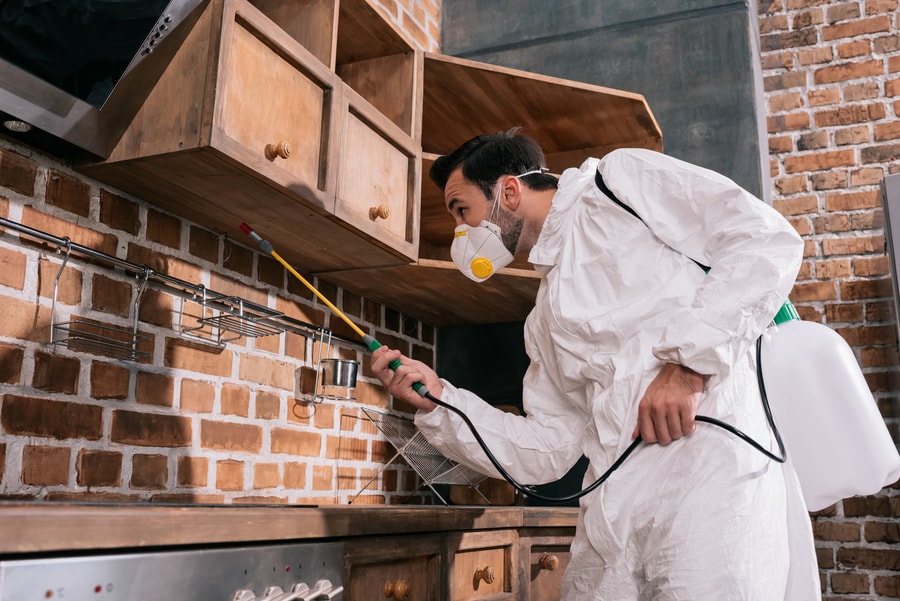How Long Should a Termite Treatment Last?
Termite treatments can be expensive, so you’ll want to make sure you’re getting the best bang for your buck. But a key part of the process is determining how long your treatment should last – so you can rest assured your home will be protected from future infestations.
(Searching for “bug pest control“? Contact us today!)

Generally speaking, the answer is one to five years. But the duration depends on a few factors:
How Your Termite Treatment Is Applied
A termite treatment will generally take up to two days to complete. This includes the initial consultation, the application, and any follow-up inspections. It will also depend on the type of treatment you choose. General termite treatments will eliminate all types of subterranean and dry wood termites for a year on average. Specific treatments for carpenter ants and damp wood termites can be more intensive but will usually get rid of them for around a week.
What to Expect During and After Your Termite Treatment
The treatment itself should be safe and effective. The pesticides used are designed to kill termites before they can recolonize the area. A termite professional will be able to tell you exactly what you can expect from your particular treatment.
How Termite Treatments Work
The most common form of termite protection involves the use of liquid or bait treatments. These techniques apply pesticides to the soil and surrounding areas, which makes it difficult for termites to reach the structure.
This method of protecting your property from termites is a great choice for homeowners who don’t mind the expense. It’s the most common and effective way to prevent termites from entering your home.
Unlike other pest control solutions, these chemicals aren’t absorbed into the skin or breathed in. However, children and pregnant women should still be kept away from the treated area and the house aired out for a few hours after an application.
How Termite Treatments Can Affect Your Health
When you hire a pest professional to treat your termites, you’ll be able to ask about the safety of their work. All pesticides should be considered potentially dangerous, but most are relatively low-risk if the right precautions are taken.
The most important thing is to stay vigilant – you must continue to inspect your home for signs of termites, and remove any food sources that could be creating a breeding ground. Ideally, you should do this on a regular basis.
How Termite Treatments Keep Your Home Free from Termites
After a successful termite treatment, you’ll be able to relax knowing that your home will be free of these insects for years to come. You’ll need to monitor your termite treatment on a regular basis, either through a yearly or multiple-times-a-year inspection.
How Termite Treatments Are Effective
The effectiveness of termite treatment depends on the species of termites and how your home is set up. For example, the subterranean termite population will benefit from a liquid or bait treatment while dry wood termites are more likely to require fumigation or tenting.

